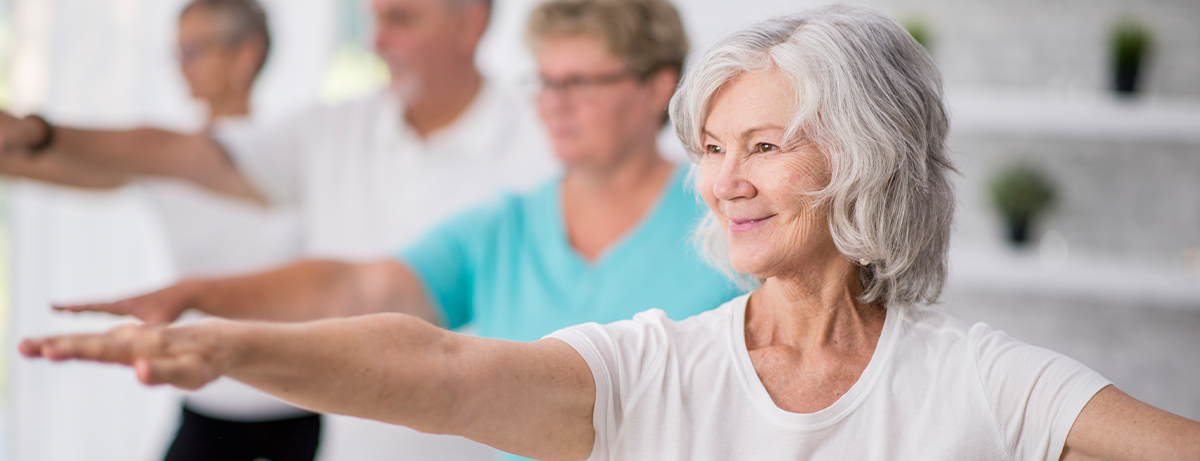Tales of Tai Chi

Slow and dancelike, tai chi is a graceful way to relax, exercise and improve physical balance. To find out more about this Chinese martial art, we spoke to Jan Diepersloot, Bay Area tai chi teacher and author of Masters of Perception (www.warriorsofstillness.com), for a firsthand account of his development as a serious tai chi practitioner.
Q: You’ve been a practitioner of tai chi since the 1970s, taught classes of your own and in hospitals and rec centers. What was your initial attraction and what’s kept you at it?
A: From the very beginning, it was a very powerful experience. You feel relaxed, alert, you’re in the present moment. A sense of well-being is generated when you do it. It’s the antidote to modern civilization. Our entire culture is designed to get us going on constant adrenaline. Practices like tai chi and yoga counteract the stress of today’s culture.
Q: How would you describe tai chi movements?
A: Tai chi, when it’s practiced in the old classical style, is done very slowly. Meditation in motion is a good way of describing it. It starts with the postures, and you learn to move your body from one posture to another. The movements are very natural, harmonized with specific methods of slow, deep breathing. As your breathing becomes deeper, then it releases a lot of tension. One rule in tai chi is the faster you go, the more force you use, the less you perceive. When the practice is slow, you can put more emphasis on the meditative aspect.
Q: Some studies have shown tai chi can help reduce falls in seniors and improve balance, including in people with neurological problems such as Parkinson’s disease. How can tai chi help improve balance?
A: I have had students make dramatic gains in their ability to manage diseases of the nervous system, such as Parkinson’s. Being in balance begins with education and training to regain and maintain proper posture. Once mastered, a tai chi student should continue education and training to maintain proper posture while moving around and walking.
Q: Some physicians say a fear of falling is one of the biggest predictors of having a fall. Can tai chi lessen a fear of falling?
A: Yes. By working consciously on balance skills, the fear of falling can recede and diminish.
Q: What’s the best advice you could give someone who is considering tai chi?
A: Find the right teacher—someone you feel is compassionate and is capable of explaining things to you. And don’t sign up if they emphasize really low postures. Your knees could be injured because of the mistaken notion that the postures and forms have to be practiced low. Currently, there are no certifications for tai chi teachers. I recommend going online and using Google to see what’s available. Then call them up and visit, and pick the teacher and class you resonate with.
Q: At what age do people generally stop doing tai chi?
A: Most people who do tai chi never have to stop. Even if their movement becomes impaired, they still have the knowledge of working with their breath and principles of tai chi relaxation and exertion to facilitate and extend their abilities.
Research and Cautions
Medical experts say tai chi is generally safe and addresses key components of fitness, including flexibility, muscle strength and balance.
However, more research is necessary to fully understand the health benefits of tai chi, according to the Mayo Clinic. For instance, a 2012 review determined that tai chi significantly reduced the risk of falling, but clinical trial funded by the National Center for Complementary and Integrative Health suggested that practicing tai chi reduced pain and improved function for those with knee osteoarthritis.
Thinking about practicing tai chi? Experts advise you to check with your doctor before you begin if you are pregnant or have joint problems, back pain, fractures, severe osteoporosis or a hernia. Don’t use tai chi as a replacement for conventional care or to postpone seeing a doctor. For more info, visit www.nccih.nih.gov/health/taichi/introduction.
